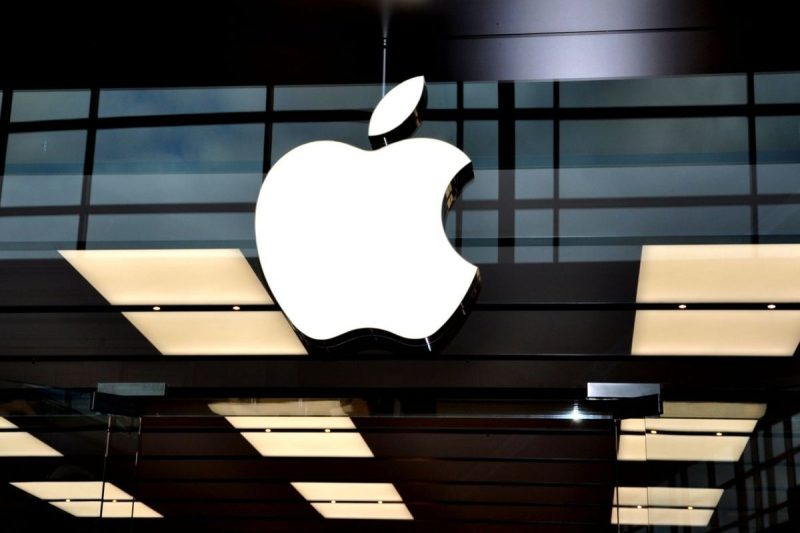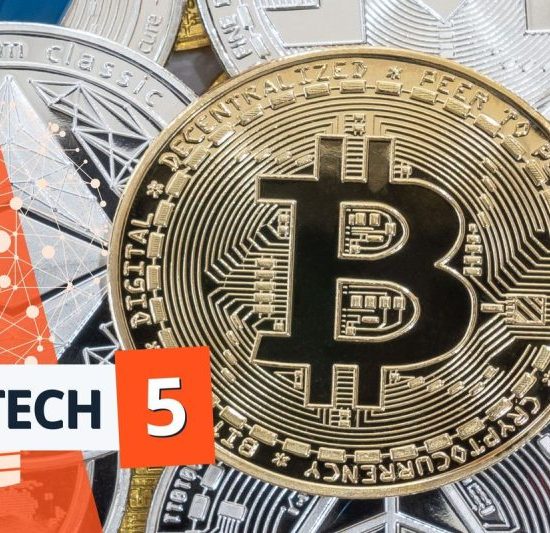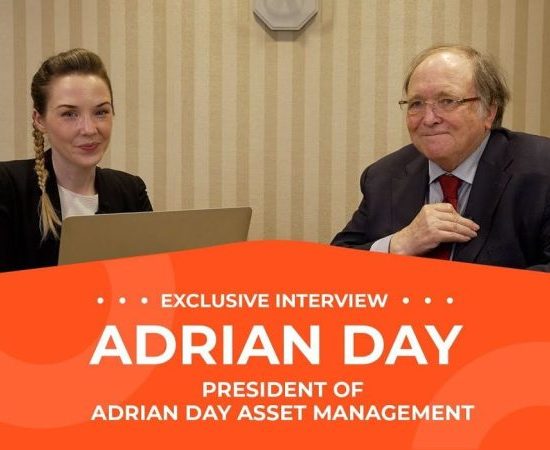The techno-ecosystem recently witnessed a tremendous upsurge when two giants of the industry, Apple Inc. and OpenAI, announced their strategic partnership. However, this collaborative move has ignited a contentious debate concerning privacy issues, with various reactions protruding from different corners of the industry, most notably from Elon Musk, the highly influential CEO of Tesla and SpaceX.
OpenAI, a globally recognized AI research lab, was co-founded by Musk and a consortium of technology experts with the mission of promoting and developing friendly AI for the betterment of humanity. In contrast, Apple is a dominating player in the global smartphone and consumer electronics market, with a reputation for meticulously guarding customer data. This partnership has, therefore, raised questions and concerns over privacy and data security, citing different privacy policies of the two organizations.
Elon Musk, known for his forthright views on technological advancement, raised a prominent voice in the ensuing debate. Musk, who parted ways with OpenAI in 2018 over disagreements in maintaining the organization’s focus, has been vocal about his worries over the alliance’s potential privacy implications. His primary contention revolves around Apple’s acclaimed privacy stance and OpenAI’s approach to data accessibility.
Apple has cultivated a consumer-centered approach reliant on sturdy privacy protection over the years. The company has made personal data security the cornerstone of its brand image, consistently ensuring that any harvested data remains on the device. Meanwhile, OpenAI, with its open-source perspective, advocates for a widespread communal sharing of data and code for the broader progress of AI technology. This dichotomy has provoked apprehensions about the reconciliation of these fundamentally contrasting approaches in the partnership.
Elon Musk’s skepticism also stems from another nuanced argument. With an extensive background in AI, Musk maintains that the extensive use of artificial intelligence could pose serious threats to privacy and security. He asserts that combining Apple’s vast consumer network with OpenAI’s machine learning capabilities could potentially churn out vital data about users globally. Such accumulation and use of user data may lead to breaches or misuse if not properly regulated and secured.
Yet, proponents have remained optimistic about the partnership, hoping it can lead to novel thresholds of technological advancements that significantly benefit consumers. They believe that Apple, with its rigorous privacy policies and OpenAI’s focus on advancing Artificial Intelligence in an ethical way, will achieve a balance that is both beneficial and safe for consumers.
A crucial aspect to consider is that both organizations have a shared responsibility and sizeable experience in handling consumer privacy and data-security. Each carrying its unique philosophy and strategy, the alliance may potentially blend the best of both worlds, offering groundbreaking advancements in AI technology while ensuring personal information isn’t compromised.
In conclusion, the Apple-OpenAI partnership undoubtedly juxtaposes two divergent data strategies, inciting concerns over the implications, particularly in privacy. While Elon Musk’s apprehensions underscore legitimate privacy-related challenges, the partnership could also be viewed as an opportunity for advancing the trajectory of AI technology while ensuring robust user-security frameworks. Only time will reveal the real impact of this collaboration. Nevertheless, the ongoing debate casts a limelight on the need for strict regulatory frameworks, particularly in the era of exponential technological growth.




